
The evolution of military nursing
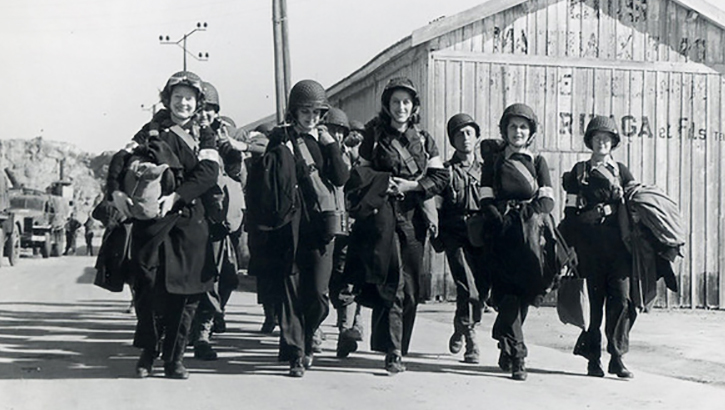
The First U.S. Army nurses attached to Center Task Force arrive in Algeria, North Africa, Nov. 9, 1942. (photo courtesy OHA 343 U.S. Army Signal Corps Photographs Collection. Otis Historical Archives, National Museum of Health and Medicine)
In the 1800s, the medical community thought of nursing as a domestic skill. Back then, nurses weren’t considered part of the medical team, but rather performed “a social activity that has always been essential,” said Dale Smith, a professor of military medicine and history at the Defense Health Agency’s Uniformed Services University of the Health Sciences.
“The sick and injured must be bathed, fed, and assisted in what we call the activities of daily living today,” explained Smith. “Military units recruited casual local help and assigned convalescent patients to these duties for most of history.” In fact, recovering patients were the primary source of nursing care both in the military and in many civilian hospitals until the late 19th century, according to Smith.
During the Crimean War in 1850s Europe, military surgeons typically treated patient wounds and provided post-treatment care, according to Alan Hawk, historical collections manager at the National Museum of Health and Medicine. Hawk said a large number of casualties were more than surgeons could handle, so when Florence Nightingale and her volunteer group of about 40 nurses transferred the skills of convalescent care from the home to the hospital, they demonstrated their invaluable support. Hawk noted that by institutionalizing her role, Nightingale created the current concept of the modern health care team.
From Nightingale’s volunteer Crimean nursing expedition, the Civil War to the meningitis outbreak of World War I 60 years later and beyond, military nurses have played a critical role in patient care, explained Hawk.
“The value of nurses during the Spanish American War and the recognition that it would be better to have a dedicated corps led to the creation of the Army Nurse Corps in 1901 and a Navy Nurse Corps in 1908,” said Hawk.
Smith further explained how since World War II, a nurse needed to demonstrate not only nursing skills, but also provide leadership.
“War had shown rapid deployments, and emergency recruiting made the nurse a teacher and leader of enlisted medical personnel,” Smith explained, adding that after the war, military nurses were commissioned as officers.
Throughout history, nurses have also been changemakers, advocating for the profession. According to Smith, Clara Barton campaigned for the Red Cross to be brought from Europe to the United States, which ultimately assured the nation of a volunteer pool of trained nurses. She would soon become founder of the American Red Cross.
Laura Cutter, chief archivist at the NMHM, said Army Maj. Julia Stimson, the first female major, pushed for wider recognition and benefits for health care workers across the military.
“I think the most significant moment was in September 1945, when military nurses were granted full veteran's benefits,” Cutter explained. “Many, many high-ranking nurses like Julia Stimson fought for this and the smaller advances made before it. For me, the story of nursing is very much about the hard work of service and, often, working just as hard to make a place for themselves,” she added.
According to Air Force Col. Virginia Garner, today’s battle against COVID-19 has not changed the nursing mission. Whether caring for patients in combat or in a clinic the goal remains the same: keep a healthy and fit fighting force.
“Nurses are leaders in the military and part of an incredible health care team,” said Garner. “Nurses are tasked with the awesome responsibility to keep our service members and their families healthy.”
Military nurses have tactical, operational, and strategic influence across the entire Military Health System, explained Garner, who serves as the command surgeon for Global Strike Command at Barksdale Air Force Base in Louisiana. In her role, Garner manages COVID-19 response efforts in addition to leading a team of 20 medics to oversee eight military treatment facilities that care for more than180,000 beneficiaries.
Today, “more and more nurses are rising in the ranks as they demonstrate the value that their leadership brings to the entire team,” said Garner, citing Air Force Lt. Gen. Dorothy Hogg as one example. Hogg is the first nurse selected to be surgeon general of the Air Force.
“I am inspired by those back then and now who continue to question the status quo,” Garner added. “We stand on the shoulders of giants who were willing to follow their passion and calling despite the challenges.”
AFMES upgrades tech during COVID-19
Article
5/8/2020
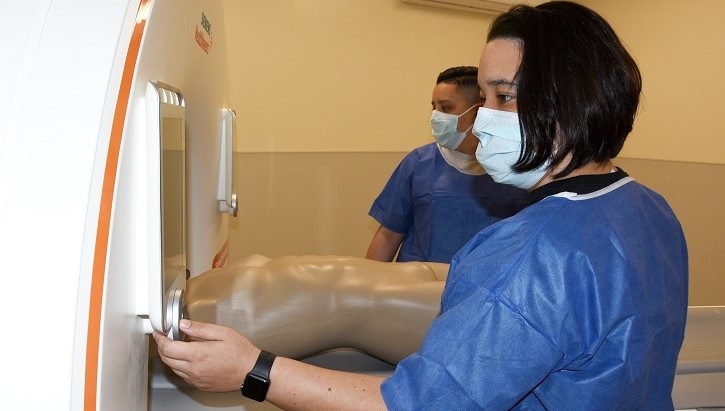
The new custom built scanner replaces a nearly 15-year-old scanner that was running on dated technology.
MHS Nurse Advice Line proves to be invaluable during COVID-19 pandemic
Article
5/7/2020

Learn about the NAL and other ways to get advice on COVID-19
'I Am Navy Medicine, helping stop the spread of COVID-19'
Article
5/7/2020
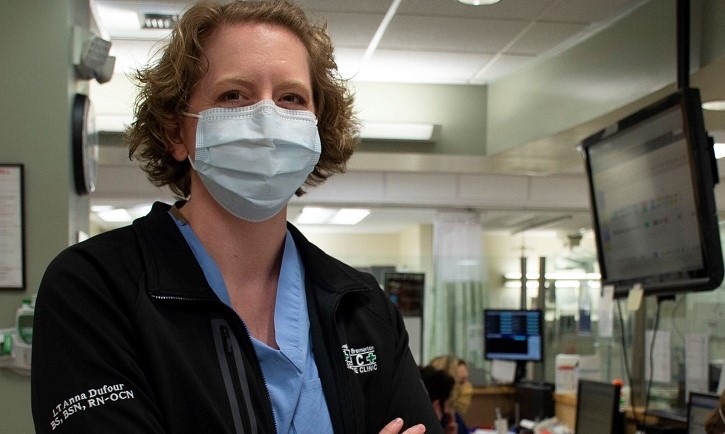
NMRTC Bremerton’s Urgent Care Clinic (UCC) is a microcosm example of nurses – and teamwork - in action.
DoD to honor nurses during National Nurses Week 2020
Article
5/6/2020
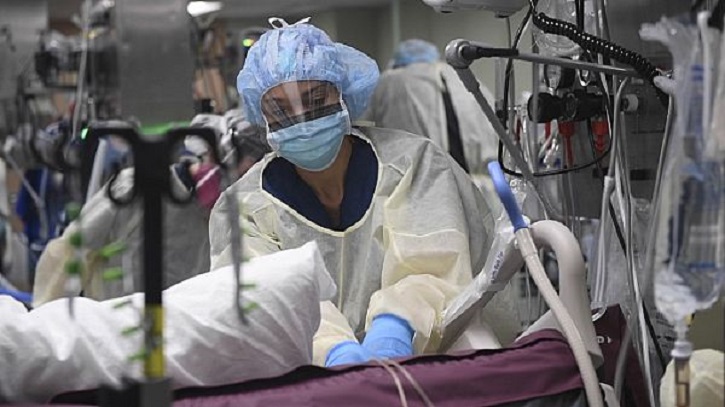
National Nurses Week begins on National Nurses Day, May 6, and culminates May 12.
Naval Health Clinic Oak Harbor Honors Nurses during National Nurses Week
Article
5/6/2020
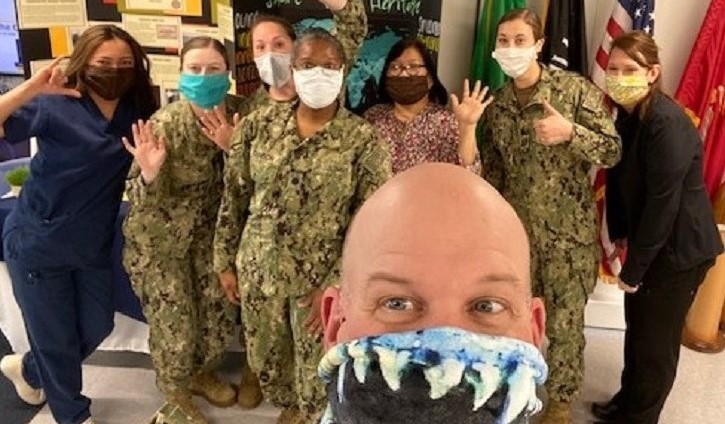
The MHS theme of 2020 National Nurses Week is “Integrating for Excellence.”
DHA collaborates to further sequence the SARS-CoV-2 Code
Article
5/6/2020

Scientists race to understand COVID-19 building blocks and find a vaccine.
Be Cyber Vigilant and Avoid COVID-19 Scammers
Article
5/5/2020
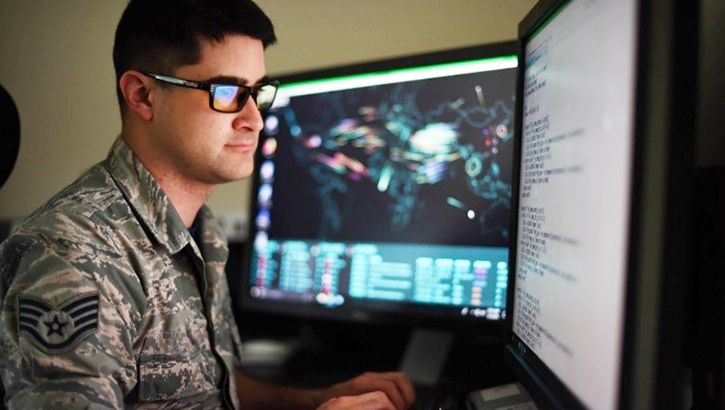
Take these steps to protect your personal information
MHS expedites COVID-19 and flu test results
Article
5/4/2020
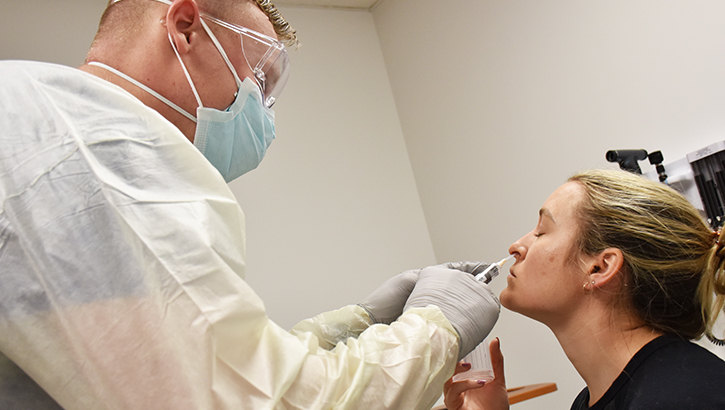
Find out how to access results and stay safe
Mobility Airmen conduct historic first aeromedical evacuation mission using Transport Isolation System
Article
5/4/2020
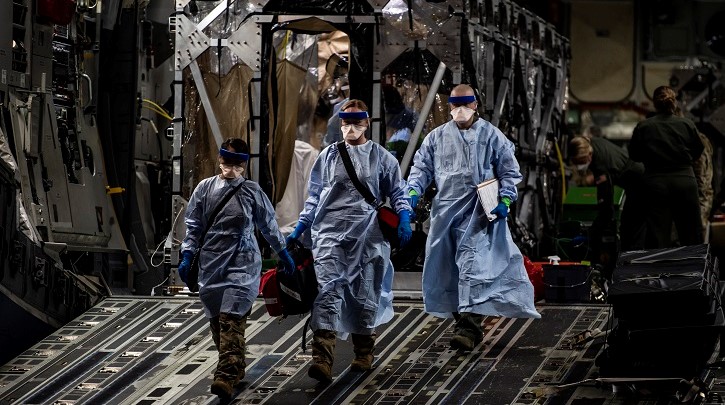
The TIS is an infectious disease containment unit designed to minimize risk to aircrew, medical attendants, and the airframe.
CDC maintains childhood immunization guidelines during COVID-19
Article
5/1/2020
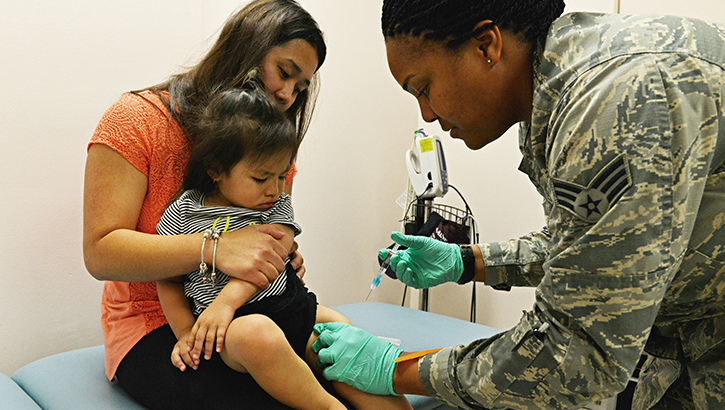
What you need to know about getting your child vaccinated
Army veterinarians post FAQ for pet owners to Army Public Health Center COVID-19 website
Article
4/30/2020

Studies are underway to investigate human to animal transmission in multiple animal species.
COVID-19: Know symptoms and next steps to help ensure full recovery
Article
4/30/2020
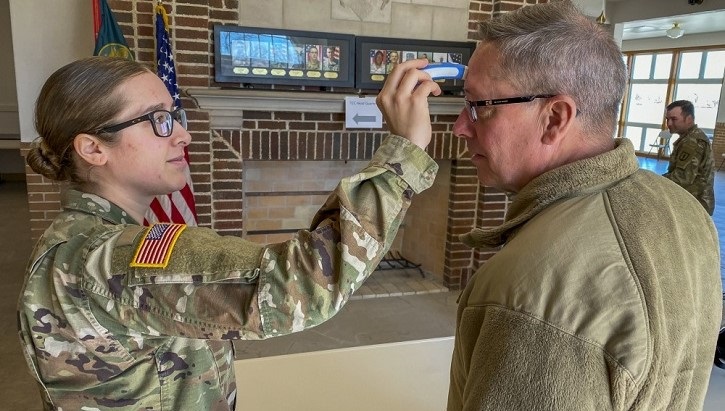
Symptoms of COVID-19
BAMCheroes appreciation
Video
4/29/2020
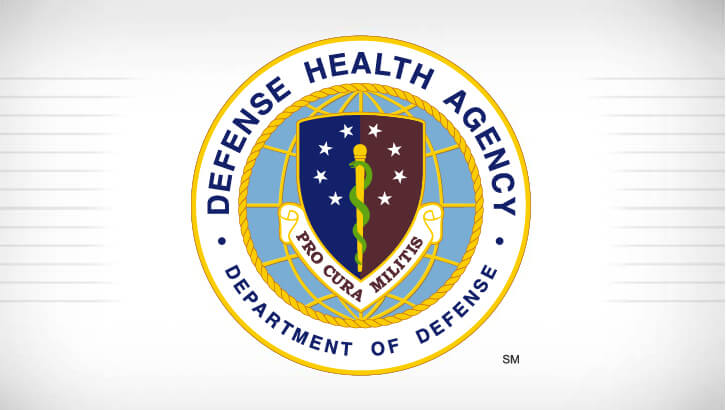
Our community has been a great source of support! Check out some of the positive feedback Brooke Army Medical Center has received for our incredible healthcare professionals.
Amid COVID-19, seasonal influenza still a threat to force readiness
Article
4/29/2020
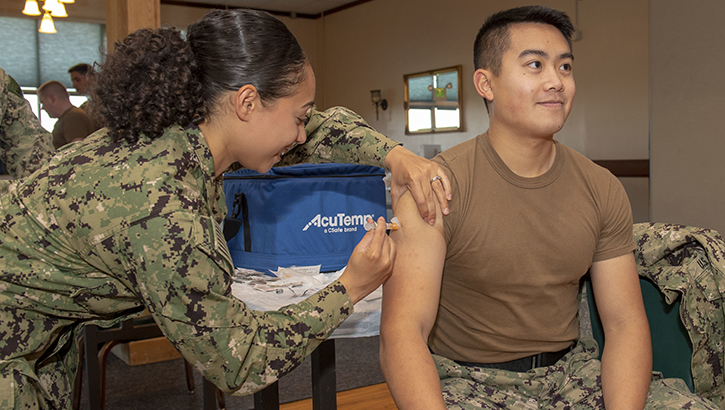
New Southern Hemisphere flu vaccine available May 2020
Defending the Homeland: WRNMMC on front line of COVID-19 war
Article
4/29/2020
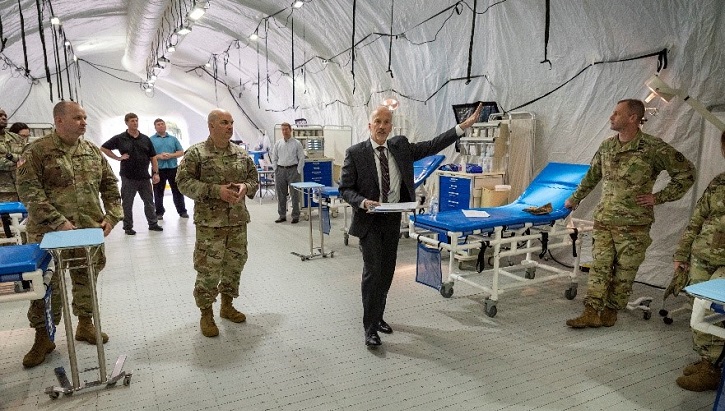
For patient and staff safety, WRNMMC started restricted access control points March 12.





















.png)












No hay comentarios:
Publicar un comentario